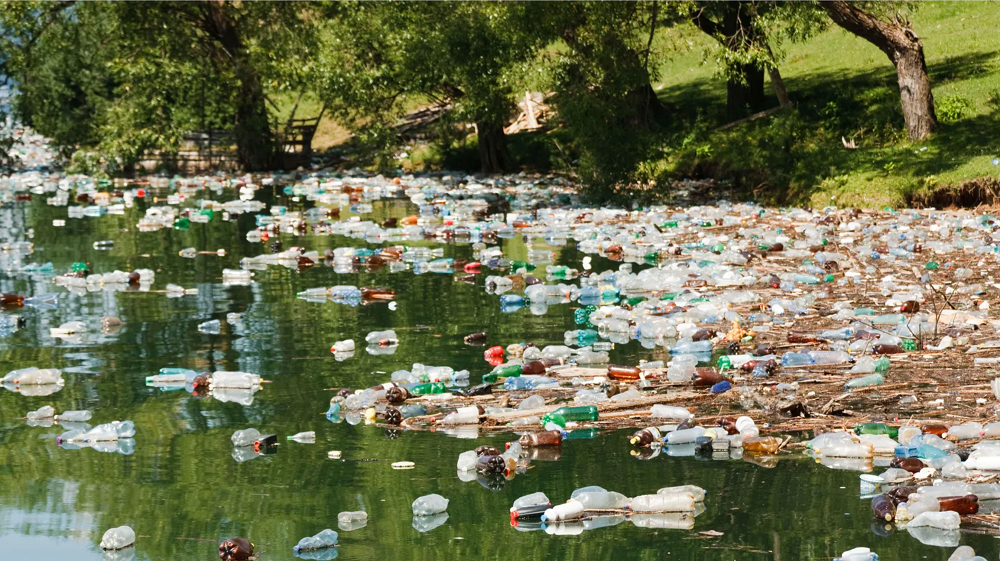Bacteria and fungi recently discovered in the Swiss Alps can digest plastic at low temperatures. However, it won't work against the world’s most widely used plastic: polyethylene.
There are many microorganisms that can already do this but these only function at over 30°C, lead research author Joel Rüthi of the WSL research institute told Keystone-ATS news agency. Using them on an industrial scale would therefore be prohibitively expensive because of the heating required. It would also not be carbon neutral.
The study published on Wednesday in the journal Frontiers in Microbiology reveals that microbes found in the Graubünden Alps and the Arctic are able to digest plastic from household sponges at just 15°C.
Rüthi and colleagues sampled 19 strains of bacteria and 15 of fungi growing on free-lying or intentionally buried plastic kept in the ground for one year in Greenland, Svalbard and Switzerland.
"Here we show that novel microbial taxa obtained from the 'plastisphere' of alpine and arctic soils were able to break down biodegradable plastics at 15°C. These organisms could help to reduce the costs and environmental burden of an enzymatic recycling process for plastic."
Related News
- Good riddance to rubbish: EU proposes new rules to reduce packaging waste
- Brussels company uses food waste to create fungi insulation
Another author of the study, Dr Beat Frey, that the "microbes have been shown to produce a wide variety of polymer-degrading enzymes involved in the breakdown of plant cell walls. In particular, plant-pathogenic fungi are often reported to biodegrade polyesters, because of their ability to produce cutinases, which target plastic polymers due to their resemblance to the plant polymer cutin."
There is still a way to go, however, as the scientists only tested the microbes at one temperature so have not yet found the optimal climate. Nevertheless, they say the fungi work well between 4°C and 20°C, making the decomposition of plastic cheaper and more climate-friendly overall.

